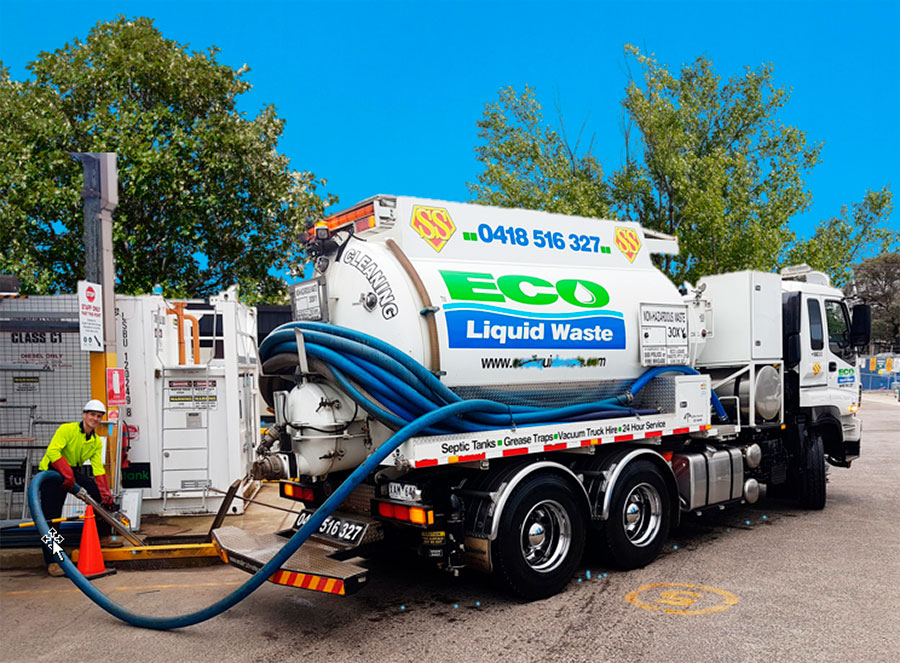Our Reclaim Waste Ideas
Our Reclaim Waste Ideas
Blog Article
Our Reclaim Waste Diaries
Table of ContentsThe Single Strategy To Use For Reclaim WasteSome Known Details About Reclaim Waste The 6-Minute Rule for Reclaim WasteGetting My Reclaim Waste To WorkThings about Reclaim Waste
Residential sewer waste refers to the waste and products from a residential septic container. The appropriate management and disposal of residential sewer waste require liquid waste to be moved to a sewage treatment plant where the correct approaches and tools are applied to cleanse and dispose of waste.
Business waste often consists of potential threats, such as combustible materials or a combination of liquid and strong waste items, and needs an advanced and thorough disposal procedure. The disposal of business waste commonly involves the filtration of waste before transport to ensure safe and appropriate disposal. Industrial waste is created from results and drainage of commercial procedures and production.
This type of waste can not use the same sewage monitoring transportation or procedures as septic or commercial liquids. The industrial waste management process requires the evaluation and screening of fluid waste before it undergoes the disposal procedure (industrial wastewater treatment). Drainage waste is the liquid waste that comes from drainage and excess stormwater in very inhabited areas or cities
Overflow waste can trigger contamination and flooding if not taken care of properly. Discover more concerning sewage system cleansing and waste administration. Guaranteeing appropriate waste management can avoid calamities and decrease ecological harm. Both individuals in domestic setups and professionals in industrial or production markets can take advantage of understanding the procedures and guidelines of fluid waste management.
Not known Facts About Reclaim Waste
Call PROS Providers today to discover our waste monitoring and disposal services and the proper methods to care for the fluid waste you generate.
(https://zenwriting.net/reclaimwaste1/innovative-industrial-wastewater-treatment-solutions-by-reclaim-waste)Do you understand what takes place to your water when you draw the plug, flush the commode or drain pipes the washing machine? No? Well, it deserves recognizing. This supposed 'wastewater' is not only an essential source however, after treatment, will be released to our land, waterways or the ocean. Made use of water from commodes, showers, baths, cooking area sinks, laundries and commercial procedures is called wastewater.

water utilized to cool down machinery or tidy plant and tools). Stormwater, a form of wastewater, is overflow that moves from agricultural and urban areas such as roofs, parks, gardens, roadways, courses and rain gutters into stormwater drains, after rainfall. Stormwater flows unattended directly to regional creeks or rivers, ultimately getting to the ocean.
Little Known Facts About Reclaim Waste.
In Queensland, a lot of wastewater is treated at sewer therapy plants. Wastewater is carried from domestic or commercial websites via a system of drains and pump terminals, called sewerage reticulation, to a sewage therapy plant. Neighborhood federal governments build, maintain and operate most sewage therapy plants. Operators are licensed under the Environmental Management Act 1994 to release cured this link wastewater at an appropriate environmental requirement right into waterways.
The Division of Natural Resources suggests city governments about handling, operating and maintaining sewage systems and therapy plants. In unsewered locations, city governments might require homeowners to install private or home sewage therapy systems to treat domestic wastewater from bathrooms, cooking areas, shower rooms and laundries. The Division of Natural Resources authorizes the usage of house systems when they are confirmed to be reliable.
In some brand-new neighborhoods, therapy of some stormwater to get rid of litter, sand and crushed rock has begun using gross contaminant catches. Wastewater treatment takes place in four stages: Eliminates strong matter.
Utilizes small living organisms understands as micro-organisms to damage down and get rid of continuing to be dissolved wastes and great particles. Micro-organisms and wastes are incorporated in the sludge.
Everything about Reclaim Waste
Nutrient elimination is not available in all sewer therapy plants since it calls for costly specialized equipment. It is ending up being extra usual in Queensland. Clear liquid effluent generated after therapy may still include disease-causing micro-organisms. If this effluent is launched right into rivers such as rivers or the sea, the micro-organisms will eventually die out.

This generally indicates wastewater has actually to be dealt with or contaminants eliminated before it can be released to waterways. The majority of wastewater moves right into the sewerage system. Under the Act, city governments administer authorizations and licences for ecologically relevant tasks (Periods) including wastewater releases that may have a regional impact. The department administers approvals and licences to Ages entailing wastewater launches that might have a regional or statewide impact.
Not known Facts About Reclaim Waste
Otherwise, samples are taken for research laboratory analysis. Frequently lots of tests are required to establish the levels of each of the different toxins such as oils, heavy metals and chemicals in water. Tracking provides accurate information about water quality and can validate that permit problems are being met. The info acquired via monitoring offers the basis for making water top quality decisions.
Report this page